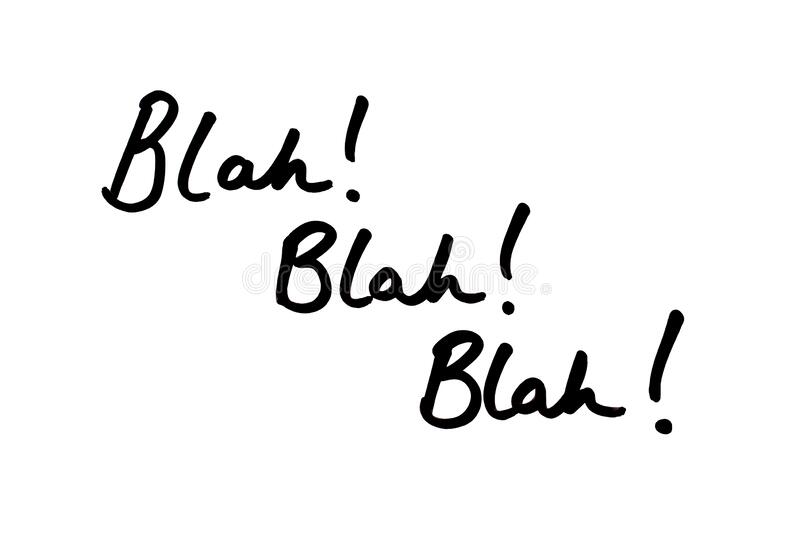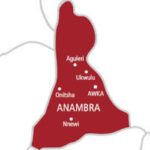At the United Nations General Assembly on Friday, President Muhammadu Buhari thanked friends and partners for their COVID-19 vaccine generosity.
Warning that “no one is safe until everyone is safe,” he repeated his call “for a fairer and more equitable distribution of vaccines to all countries so that, together, we can fight and contain the pandemic.”
It is evident that mankind must band together to resolve what is a challenge to the human family. To that end, I support the Nigerian president.
The problem is that he was operating from a position of weakness, at best, or of blackmail. Indeed, the entire speech was of Nigeria either making inaccurate claims or of refusing to take responsibility for itself.
Worse still, we have emerged as the pre-eminent beggar by the roadside yelling on every passerby for help. “Give me your vaccines so that I can be healthy, or you will not be!” “Give me your food so I can feed my children!” “Loan me more money so I can build the roads I borrowed to build last year!”
In Buhari’s UN appearance, there was no verifiable movement in tone or substance since he took office. At a time that farmers-herders violence has frustrated agriculture, for instance, he told Queen Maxima Zorreguieta of The Netherlands that Nigerians have returned to farming and that this has paid off “handsomely”. He offered neither evidence for that claim nor uttered the words “open grazing”. He simply wanted her “capital” support.
To that, in the debate, he served up an immediate contradiction: “the increased competition for resources such as land, water, and energy, has affected food access and supply…”
Rather than speak of the current realities back home, Buhari suggested that in his care, the country “has been steadfast in safeguarding human rights…[and] the promotion of fundamental freedoms through all legitimate means…”
And for a country which borrows irresponsibly, Buhari prayed for “urgent…debt suspension, including outright cancellation…”
Buhari’s incessant loan requests to the National Assembly is currently front and centre in Nigeria. Only five months ago, he requested an $8.3 billion loan for infrastructure. That was approved by the rubberstamp National Assembly in July.
This month, he returned to ask for another $4.054bn, €710million and grants of $125m.
The real crisis is that while in principle Buhari is conscious of accountability, in practice he denies it. This is why he sees no correlation between what he borrows and what he does with it.
Here is an example. It is six years since Buhari’s state visit to China from which he returned with “over $6bn additional investments for Nigeria”, in the words of spokesman Garba Shehu.
They included:
$478,657,941.28 for the construction of a 300MWsolar power complex in Shiroro, Niger State;
$1bn for the construction of a greenfield Abuja-Lagos expressway that would cut down road travel to five hours;
$250m for a 27-floor ultra-modern complex; and
$2.5bn for the development of the Lagos Metro Rail Transit Red Line project.
As the National Assembly prepares to approve his new loan request, there is no sign of any of those projects, and there are less than two years to the end of his second term. Last week, I asked a similar question of the Coastal Rail Project.
Speaking in Borno State last Thursday, Information and Culture Minister Lai Mohammed declared that their administration borrows “to build world-class infrastructure”. I was not quite sure whether that was meant as an announcement or an explanation, but it would be nice to know why its borrowing for key projects, as in the 2016 numbers mentioned above, is never followed by delivery as in other countries.
At the same event, Mr. Mohammed expressed shock at what he called the destruction that has been inflicted on Borno by Boko Haram, characterizing it as “worse than we had imagined”.
His very words: “The terrorists who are destroying power and telecommunication facilities in Borno have chosen to weaponize these attacks in order to inflict the maximum hardship on the people and also slow down the advances of our gallant troops in decimating them. They will fail in both instances.”
Really? It is stunning that this statement was made in Maiduguri in September 2021, four years after the government held celebrations there over the ‘demise’ of Boko Haram. They came weeks after Buhari announced “the final crushing of Boko Haram terrorists in their last enclave in Sambisa Forest”.
The then-Chief of Army Staff, Lt. General Tukur Buratai, a man so successful at combating the militants that Buhari elevated him from war chief to diplomat, said he had won the war. Minister of the Interior Abdulrahman Dambazzau characterized the militants as “completely decimated” and its leadership, dismantled.
Defence Minister Mansur Dan Ali also got in, announcing some 30,000 Boko Haram hostages freed. Operation Lafiya Dole Theatre Commander Rogers Ibe Nicholas said the group was “completely defeated”.
Hopefully, Mohammed himself remembers that he cited as signs of the return of normalcy to Maiduguri the “resumption of flights, bubbling nightlife, and football matches”.
That was in early 2018 in the state capital. But now Mohammed portrays the picture of a helpless government and military, saying their efforts “are being thwarted by some unpatriotic citizens through wanton destruction of critical infrastructure…railway tracks are being subjected to wanton vandalism, bridge railings are being removed, manhole covers are being pilfered, and so are critical aviation, power and telecommunications infrastructure”.
It is remarkable that a government which took control of Maiduguri four years ago, with a massive military presence is suggesting that it surrendered elementary control even as it is begging around the world for funds. Whatever happened to that “return to normalcy” Mohammed declared?
When did the government and the military chiefs it celebrated last year flee Maiduguri, leaving it to be ripped apart? Or were those phantom celebrations after all?
Also in New York last week, as a member of Buhari’s delegation, was Attorney-General (I cannot honestly refer to him as Minister of Justice) Abubakar Malami, who told the News Agency of Nigeria of a “consensus” Nigeria is building to make assets recovery easier for countries. He did not say whether it would include any APC members losing their vast wealth.
He claimed he did not want to be “pre-emptive” of the strategies, and would also not identify those persons who are responsible for funding terrorists.
I do not know why Mr. Malami needed to go to America to say these things beyond the desire to spend borrowed federal funds. It is not as if he was speaking to the foreign press.
Buhari’s “corruption-fighting” government has for six years studiously avoided naming any treasury looters. Strangely, persons who have serious ethical cases are actively encouraged to join the president’s party. There is little surprise that the identity of funders of terrorism has entered this curious group.
In Esan, we describe that as the tongue being longer than the lips.
This column welcomes rebuttals from interested government officials.
• @Sonala.Olumhense

 Join Daily Trust WhatsApp Community For Quick Access To News and Happenings Around You.
Join Daily Trust WhatsApp Community For Quick Access To News and Happenings Around You.


